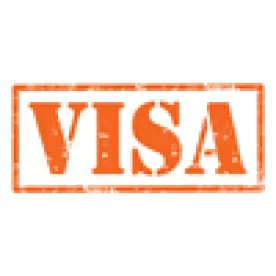In a series of press releases over the past week, U.S. Citizenship and Immigration Services (USCIS) announced that it has received enough H‑1B petitions to reach the statutory cap of 65,000 visas for fiscal year (FY) 2016. USCIS also indicated it received more than the limit of 20,000 H‑1B petitions filed under the US advanced degree exemption, aka the “masters cap.”
USCIS estimates it received approximately 233,000 H-1B petitions, including master cap petitions, submitted by employers during the filing period, which began April 1 and closed on April 7, 2015. On April 13th the fun began. USCIS advised that it used a computer-generated random selection process, or lottery, to select enough petitions to meet the 65,000 general-category cap and the 20,000 cap under the advanced degree exemption. While the final statistics are not yet available, it is apparent that chances for selection in the lottery was roughly 36%. That is down from the 49% chance of selection in last year’s H-1B lottery.
For petitions selected that included requests for premium processing, USCIS just announcedprocessing will commence on April 27, 2015 and employers should receive notice of adjudication within 15 days. However, USCIS adjudicators apparently are moving at a much faster pace than the agency’s press office. As of April 15, Attorneys and employers have already begun to receive premium processing notification emails for H‑1B cap cases.
As to those petitions that did not select premium processing, it may be several weeks before employers are notified if the petition was selected in the lottery. USCIS will reject and return all unselected petitions with their filing fees, unless the petition is found to be a duplicate filing.
The USCIS will continue to accept and process “extensions of status” petitions filed for existing H-1B workers, petitions to change the terms of H‑1B employment, and petitions to transfer current H-1B workers to new employers or to permit H-1B workers to work concurrently for a second H-1B employer. In addition, H-1B petitions filed by non-profit entities that are related to or affiliated with an institution of higher education, a non-profit research organization or government research organizations are exempt from the H-1B cap.




 />i
/>i


